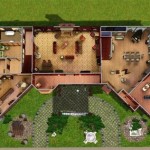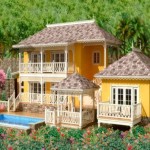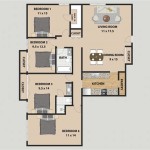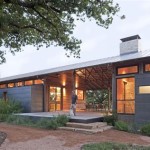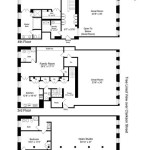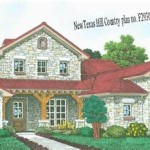Essential Aspects of Mason Bee House Plans
Creating a hospitable environment for mason bees in your garden or backyard requires careful planning and construction of a suitable bee house. These solitary bees play a vital role in pollination, contributing to the health of your plants and the ecosystem as a whole. To ensure the bees' well-being and maximize their effectiveness, consider the following essential aspects when designing and building a mason bee house:
Placement and Orientation
Choose a sunny, sheltered location for the bee house, facing either east or southeast to capture morning sunlight. Avoid placing it near areas with high traffic or chemical use. Ensure the entrance holes are protected from rain and strong winds.
Materials
Wood is the most commonly used material for mason bee houses due to its durability and breathability. Untreated cedar, pine, or oak are suitable options as they resist rot and decay. Avoid using pressure-treated lumber as the chemicals it contains can be harmful to bees.
Size and Dimensions
The size of the bee house depends on the number of nesting cavities desired. Each cavity should be approximately 5-7 inches deep and 3/8-1/2 inch in diameter, with a slight angle to facilitate drainage. The recommended dimensions for a 4-cavity house are approximately 6 inches wide, 8 inches tall, and 3 inches deep.
Nesting Cavities
Provide sufficient nesting cavities to accommodate the number of bees you wish to attract. Each female bee typically lays 10-20 eggs, so a 4-cavity house can support a small population. The cavities should be lined with paper tubes or nesting reeds to create a suitable nesting environment.
Entrance Holes
Create multiple entrance holes for the bees to access the nesting cavities. The size and shape of the holes will depend on the species of mason bees you want to attract. Common hole diameters range from 5/16 to 9/16 inch.
Protection from Predators
To protect the developing bees from predators, consider adding a roof overhang or a small entrance tunnel to the house. You can also place the bee house on a sturdy platform to elevate it from the ground.
Maintenance and Cleaning
Regular cleaning and maintenance are essential for the health of the mason bees. Clean the house at the end of each nesting season to remove any debris or old nests. Use a soft brush or compressed air to remove any remaining bees or larvae.
Additional Considerations
Provide a shallow water source nearby for the bees to drink and cool down. Consider planting flowers that bloom during the mason bee nesting season, such as poppies, lavender, or sunflowers, to attract more bees to the area.
By following these essential aspects, you can create a welcoming and productive environment for mason bees in your garden, fostering pollination and biodiversity in your local ecosystem.

Guide To Building And Managing A Mason Bee Hotel

Bee Houses Our Habitat Garden

Build A Bee House For Solitary Bees Garden Therapy

Build Your Own Mason Bee House Boing
:max_bytes(150000):strip_icc()/__opt__aboutcom__coeus__resources__content_migration__mnn__images__2016__08__Bee-Hotel-Insect-House-Garden-b95d8ca2090f45c8819d970cbf0e3c43.jpg?strip=all)
How To Build A Hotel For Wild Bees

Diy Native Bee House Garden Gate

How To Make A Mason Bee House Feltmagnet

Home Base Mason Bee Central

Nestboxtech How To Make A Solitary Bee Box

Make A Mason Bee House Hobby Farms

